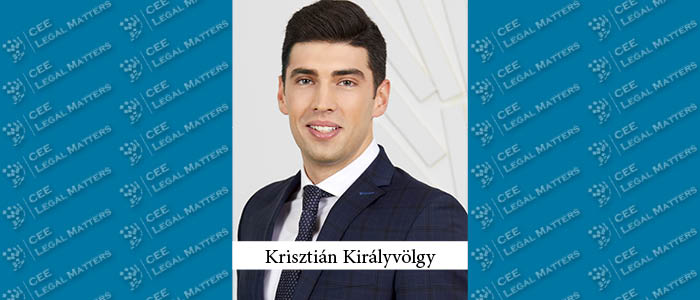Last summer, the deposit return system (DRS) was introduced, under which 0.1-3 litres of drink products with a mandatory redemption fee can be bought in shops at a price increased by the redemption fee.
In the case of compulsory returnable reusable products, the manufacturer sets the redemption fee on a product-by-product basis. On 20 January 2025, the Hungarian tax authority clarified the tax treatment of the redemption fee for beverage packaging: under the mandatory redemption scheme, the redemption fee paid to an individual is considered tax-free income for the individual.
Under the Personal Income Tax Act, all income of an individual is taxable. Income is the total makings earned by an individual from another person. Makings are the value of property acquired by an individual under any title and in any form, whether in cash or in-kind. Accordingly, the well-known HUF 50 bottle redemption fee would be taxable income under the general rule described above.
However, from 29 November 2024, Annex 1 of the Act specifies the categories of exempt income, including the bottle redemption fee. This exemption from personal income tax was confirmed by the tax authority on 20 January 2025, and the detailed rules of practical relevance were also explained. The redemption fee is tax-free if it is paid by the distributor in cash or by bank transfer if the individual receives the proceeds in the form of a voucher issued by the automatic redemption machine. It is also exempt if the redemption fee is disposed of by the individual for the benefit of another person at the time of redemption. It was also underlined that the individual does not receive taxable income even if the product with the mandatory redemption fee is purchased by a paying party (a company), but the paying party does not take care of the redemption of the packaging but transfers the product with the redemption fee to the individual. Accordingly, it does not matter who bought the returnable bottle, if it is returned by the individual, it remains tax-free income.
By Krisztian Kiralyvolgyi, Attorney at Law, KCG Partners Law Firm




